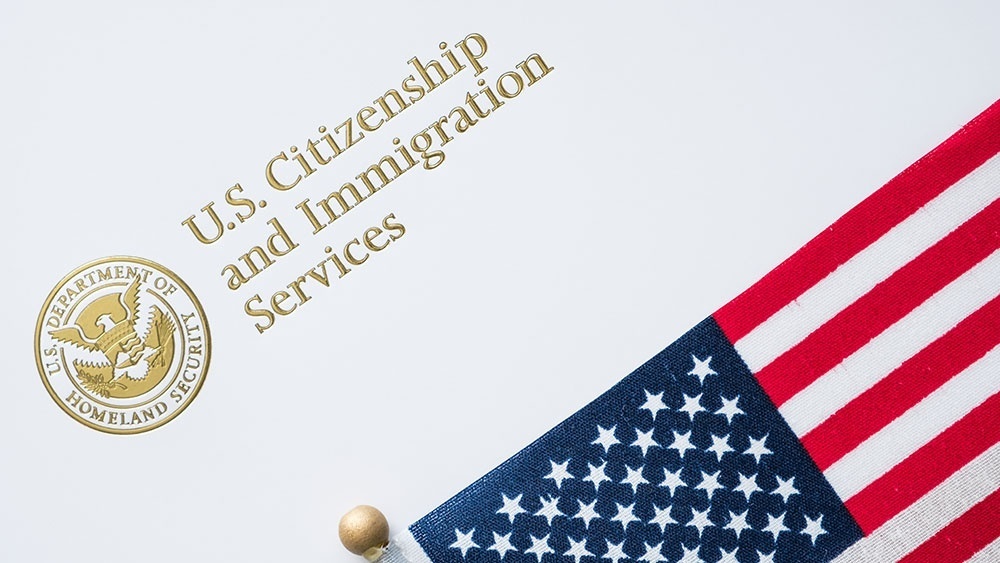
The Impact of Furloughs and Layoffs on H-1B Visa Holders and Employers
Categories: Attorneys , Business Immigration , Business Law , Citizenship , Citizenship Green Cards , Commercial Litigation , Commercial Transactions , Corporate Law , Green Cards , Immigration Law , International Law , Investment Visas , Law Firm , Lawyers , Legal Services , Real Estate , Software Agreements , Technology Law , Trusts And Estates
Pasricha & Patel
During this COVID-19 pandemic, many employers have unfortunately been forced to reduce their staff. There are many employees throughout the country who have been laid off or placed in furlough by their employers. The result has been devastating for individuals throughout the country. However, what happens when the employee is an individual in H-1B status? What kind of options available for the H-1B holder to continue to maintain non-immigrant status? What obligations does the employer hold when facing this situation for an H-1B employee? There are many new scenarios and situations that are arising in this difficult time and it is important for H-1B employers and employees to be aware of the current rules as well as their responsibilities and rights.
If an individual who is in H-1B status is laid off from employment, his or her H-1B with that employer is considered to be terminated. While there is presently a 60 day grace period rule which allows a foreign national to change or extend status within 60 days upon termination of employment, 60 days is only allocated to individuals who hold H-1B petitions with a validity date of at least 60 days from the date of termination. Therefore, based on the 60 day grace period rule, the foreign national may remain in the U.S. following termination of employment for the shorter of 60 days from the layoff/termination date or the expiration date of the foreign national's I-94 document. If the foreign national is able to secure employment within the 60 day period, he or she is eligible to file an H-1B transfer pursuant to the 60 day grace period regulations. Alternatively, the foreign national may also file for a change of status.
Now, while this may normally seem like relatively straightforward, it becomes far more complicated during this COVID 19 epidemic in which jobs are scarce and employers are either closed or reducing their staff. This is the reality that foreign nationals who are in H-1B status are facing today. Without an employer or ability to change status, foreign nationals and their families must depart the United States. To further add to matters is that there are countries with travel bans so that foreign nationals are unable to return home in a timely manner as is required by USCIS regulations. In these situations, a short term B-2 visitor visa may be an option to temporarily remain in the United States. We encourage anybody in this situation to consult with an immigration attorney to ensure that every avenue is considered and that if required, a short term visa is procured properly and in timely manner.
Another common situation is the placement of employees in furlough (temporary non-productive and non-pay situation) by the employer. Employers are utilizing furlough for situations in which they need to reduce their staff temporarily without desiring to terminate the employee. A common question that is posed to our firm is whether employers must continue to pay H-1B employees who are placed in furlough. The answer is yes. The wages in listed on the Labor Condition Application (LCA) for the respective H-1B employee must be paid by the employer during any non-productive status which includes furloughs. Another common question we are receiving is whether the employer can reduce the H-1B holder’s hours from full-time to part-time. While this is possible, an amended H-1B petition filing with USCIS is required as this is considered to be a material change in employment.
It is evident that the COVID-19 pandemic has raised many new situations and areas of concerns in the immigration realm. The added pressure of maintaining immigration status during this time weighs heavily on many. It is very important that immigration rules certainly need to keep up with these changes and take into consideration that temporary relief may be necessary for H-1B holders and employers who seek to retain them as part of their workforce. We advise employers and employees to consult with our firm for further guidance regarding these issues.